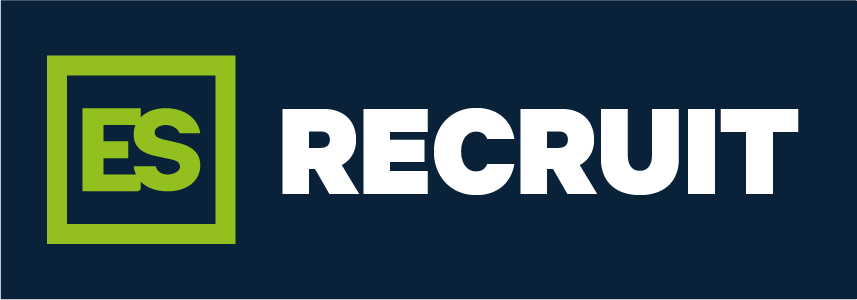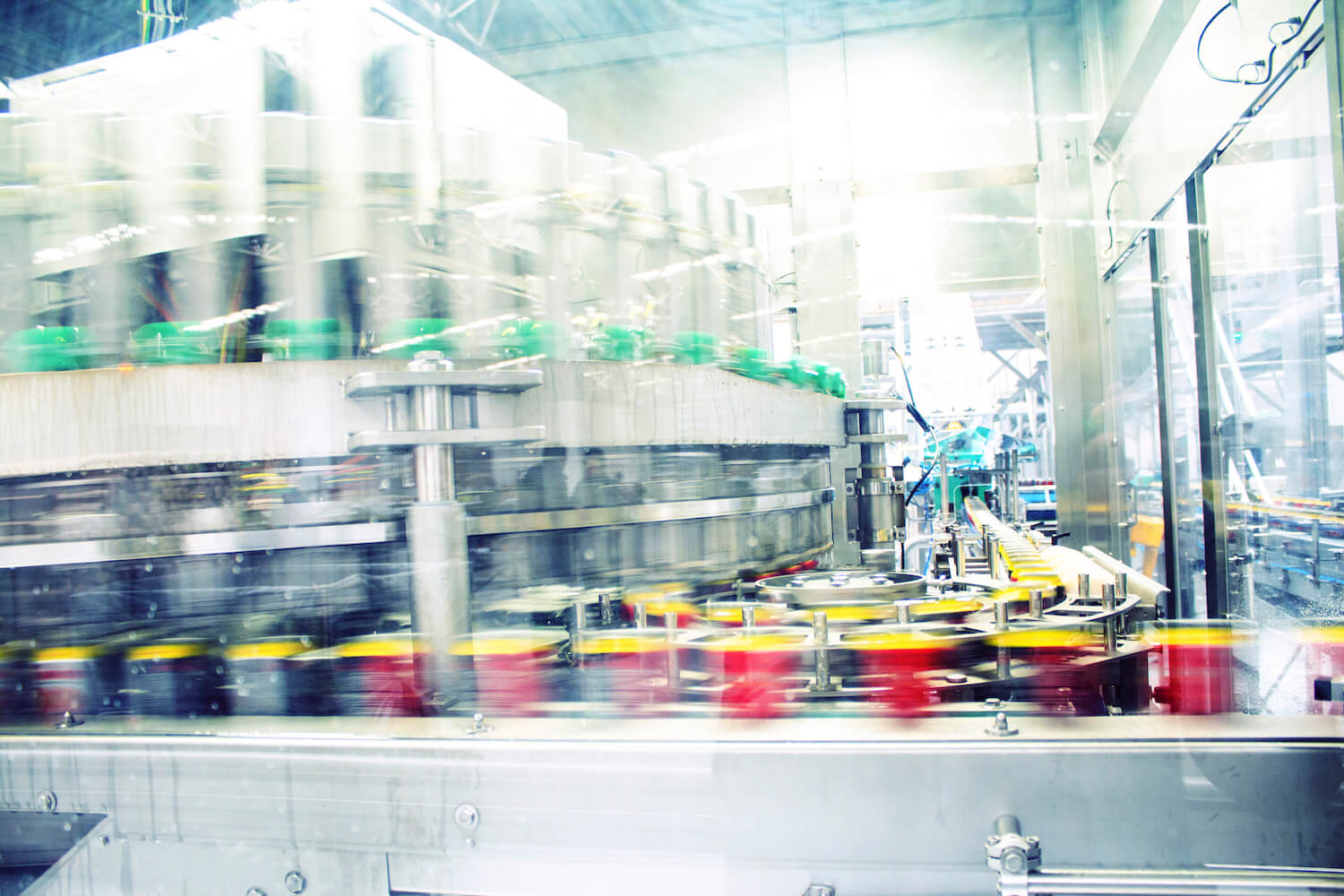In the recent budget announcement, Chancellor Rishi Sunak unveiled a "super-deduction" tax relief to spur investment in businesses. These changes signal exciting news for companies in our sector (and us, more on that later). We are already talking to clients who are bringing forward planned machinery upgrades and purchases, to take advantage of the new scheme.
So, how does it work? The new initiative will allow companies to reduce their tax bills by 25p for every £1 invested from April 1st 2021, until March 31st 2023. The Chancellor described the move as the "biggest business tax cut in modern British history".
However, these tax savings will not be available to every business, instead, a 130 per cent super-deduction capital allowance will only apply to "companies investing in qualifying new plant and machinery assets" rather than intangible assets.
This super-deduction of 130 per cent will apply to the expenditure incurred for most business machinery and equipment. This means that if a business invests £100,000 in qualifying items, the corporation tax deduction will be £130,000 - giving them a tax relief at 19 per cent (or £24,700). Typically, this expenditure would fall within a company's annual investment allowance giving a relief of only £19,000.
Some of the assets that would qualify for the super-deduction include but are not limited to:
- Manufacturing machinery
- Office equipment
- Electric vehicle charging points
- Refrigeration units
- Compressors
- Foundry equipment
- Capital machinery
- Computer equipment and servers
There are a few conditions that businesses will need to be aware of if they plan to purchase using asset finance, as the guidance surrounding this remains unclear. They are:
- That a periodical sum is paid and in return, plant and machinery assets are "bailed" (hired) to you
- That eventually, the business will end up owning those assets
- That the person who hires/receives the goods is the one incurring the expenditure - this ensures that the deduction goes to the small business rather than the lender.
The super-deduction tax break will also not apply to businesses purchasing used equipment.
So, why are we so excited about these changes?
For a start, new investment in machinery will potentially create lots of jobs. Suppose thousands of businesses around the UK all begin to buy new equipment and machinery, they would all need people to install, run and maintain them. It is also worth keeping in mind that when demand for new machinery increases, so does the need for people to design, build and manufacture the products for sale.
This investment could potentially drive the demand for skilled engineers, which is where we can help.
Employment Solutions has over 20 years of experience in placing skilled workers in engineering and manufacturing businesses across the UK. We are perfectly placed to help our clients find the talent they need to bolster their workforce as demand increases, and the economy begins its resurgence.
Are you investing in new machinery or equipment? Can you foresee the need to expand your workforce? We can help! Please speak to a member of our team today on 0161 839 5353, and whether it’s a contractor or permanent staff member you require, we will be able to find you the ideal candidate.









